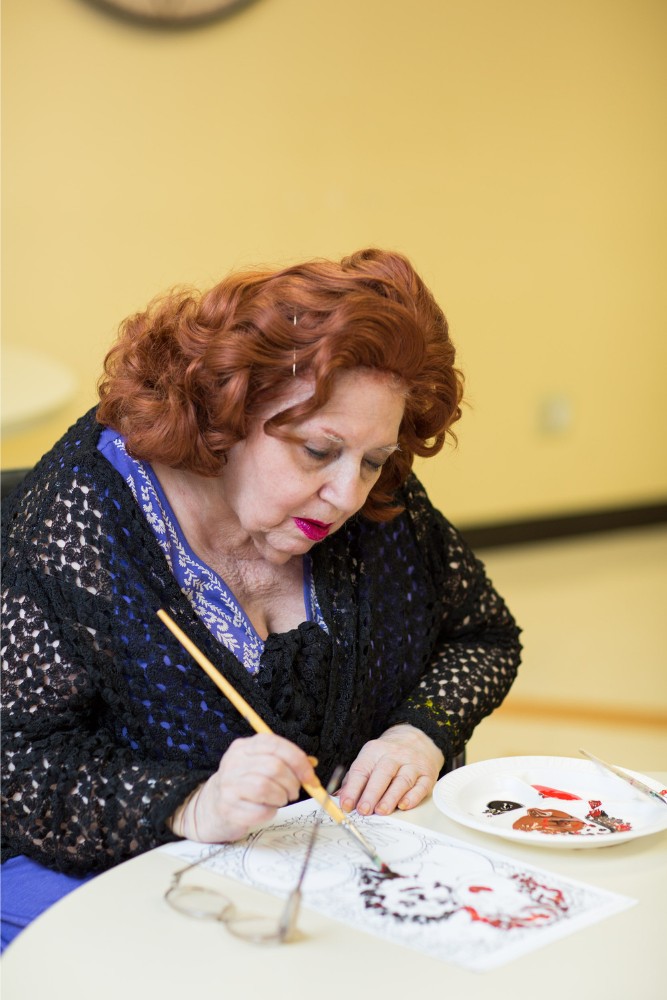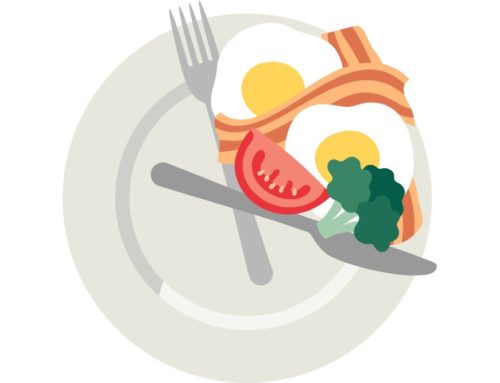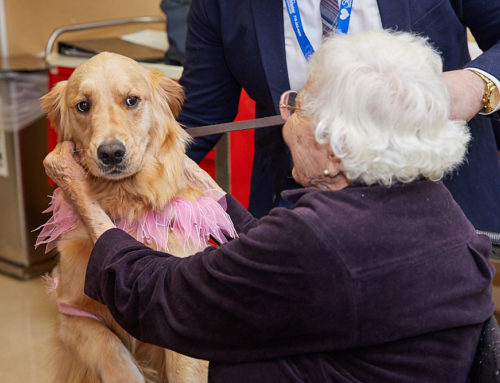How Hobbies Can Quietly Heal Depression
Hobbies may seem like “just for fun,” but they can have truly miraculous mental, emotional and even physical benefits. A hobby can truly transform a person’s life in many ways, bringing joy, a sense of purpose, and much more. In fact, it can be a highly therapeutic recreational activity for someone suffering from depression.
Depression is a mental disorder causing sadness, appetite alterations, changes to sleep habits, concentration issues, and other symptoms. It ranges from mild to severe, though it’s often treatable with medication and other treatments. However, depression is frequently responsive to recreational activities, including hobbies. These enjoyable pastimes have several benefits, including mood boosts and improved socialization.
While hobbies alone may not completely eliminate the symptoms of mental illness, when combined with therapy, emotional support, exercise, and other recreational activities, they can significantly improve your condition.
Your doctor will discuss the best treatment options to combat your depression.

Hobbies and Depression – An Underrated Solution
Using hobbies isn’t the most conventional treatment for mental illness. However, despite how underappreciated such therapy is, research shows recreational therapy is quite effective. As well as treating depression, it reduces stress and anxiety, recovers physical and cognitive skills, and improves socialization. The following sections cover the top benefits of hobbies as a depression treatment.
Boost feel-good brain chemicals
According to experts, those with hobbies are happier and exhibit fewer depression symptoms than those without them. Engaging in fun activities boosts creativity, relaxation, and cognition. The enjoyment you feel during these hobbies is higher than scrolling through social media or staring at a television.
The reason you’re so positive during hobbies you love is due to the increase of feel-good brain chemicals, which can play a key role in improving depression symptoms. For instance, serotonin is a neurotransmitter associated with mood. Studies show that higher serotonin levels increase positivity, improve mood, and reduce depression symptoms.
Other feel-good chemicals also increase when absorbed in a fun activity. These include dopamine, endorphins, and oxytocin. Together, these increase happiness, love, and bonding while decreasing stress, pain, and discomfort.
Stop isolation
Social connections affect mental health more than you may realize. Having close friends and family you can rely on improves your body and mind in several ways. You can discuss worries and fears, share some laughs, and even get out of the house more frequently.
Lacking those close engagements has the opposite effect. Without fulfilling relationships, loneliness increases, as do the symptoms of depression and other mental health concerns. Isolation may result from loss of loved ones, traumatic events, illness, or moving to unknown locations .
Luckily, hobbies decrease depression by increasing social interactions, especially for older people. Leisure activities often have a group dynamic, including arts and crafts, music classes, sports, or holiday events. Even reading may involve book clubs or discussions with those who’ve enjoyed the same book.
Reduce overthinking
Overthinking involves obsessing over personal qualities or past events you can’t change or improve. For instance, replaying mistakes, uncomfortable conversations, or actions are all signs of overthinking.
Focusing too much on these details has several health issues, causing nausea, sleep problems, fatigue, and reduced concentration. Over time, you may even develop anxiety or depression or worsen symptoms of existing conditions.
One method for reducing overthinking and the depression symptoms associated with it is engaging in hobbies. When focused on an interesting or fun activity, you force your mind to stop dwelling on negative details. Over time, increased positivity may push those thoughts from your mind altogether.
Resources:
- NCTRC, About Recreational Therapy
https://www.nctrc.org/about-ncrtc/about-recreational-therapy/#:~:text=Recreational%20therapy%20includes%2C%20but%20is,%2C%20music%2C%20and%20community%20outings. - Harvard Health Publishing, Jan. 1, 2024, Having a hobby tied to happiness and well-being
https://www.health.harvard.edu/mind-and-mood/having-a-hobby-tied-to-happiness-and-well-being#:~:text=Compared%20with%20people%20who%20didn,depression%2C%20and%20higher%20life%20satisfaction - PubMed Central, Nov. 2007, How to increase serotonin in the human brain without drugs
https://pmc.ncbi.nlm.nih.gov/articles/PMC2077351/ - AMA, Sept. 15, 2023, What doctors wish patients knew about social isolation
https://www.ama-assn.org/delivering-care/public-health/what-doctors-wish-patients-knew-about-social-isolation# - PubMed Central, Ageing, Leisure, and Social Connectedness: How could Leisure Help Reduce Social Isolation of Older People?
https://pubmed.ncbi.nlm.nih.gov/23874058/ - Houston Methodist, April 12, 2021, When Overthinking Becomes a Problem & What You Can Do About It
https://www.houstonmethodist.org/blog/articles/2021/apr/when-overthinking-becomes-a-problem-and-what-you-can-do-about-it/
This article contains informational and educational materials and does not replace health or medical advice. For questions or concerns regarding your medical condition or health objectives, speak to a qualified physician or healthcare provider.






Leave A Comment